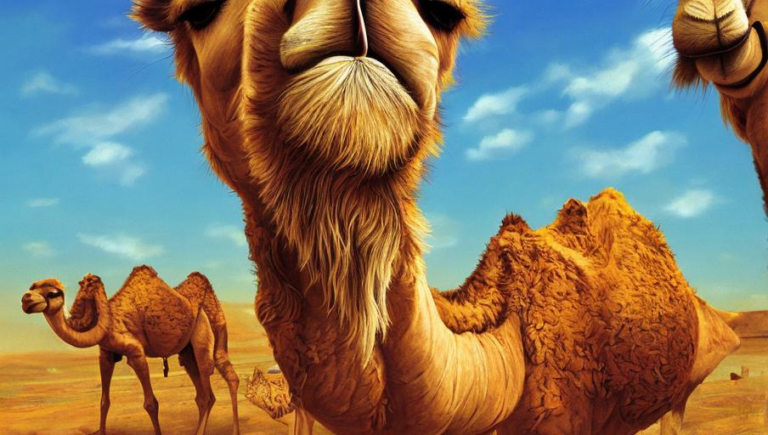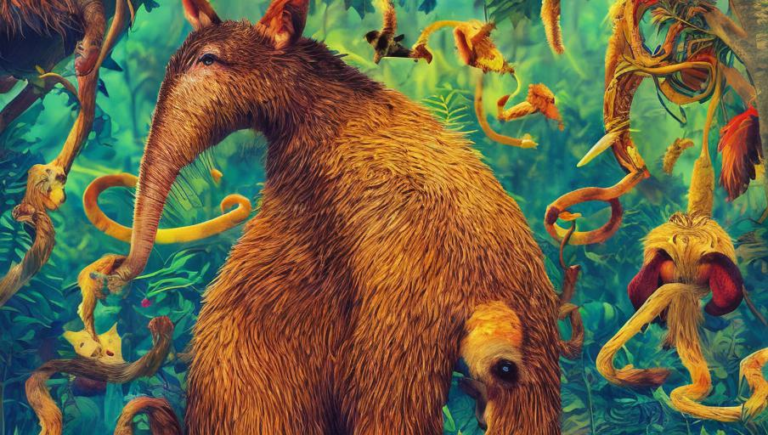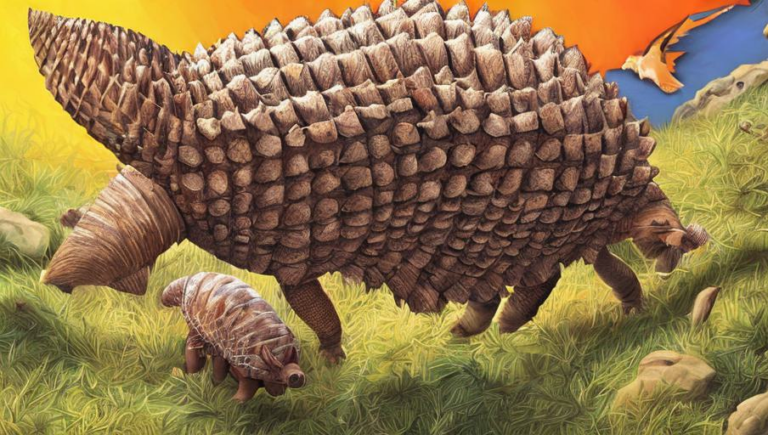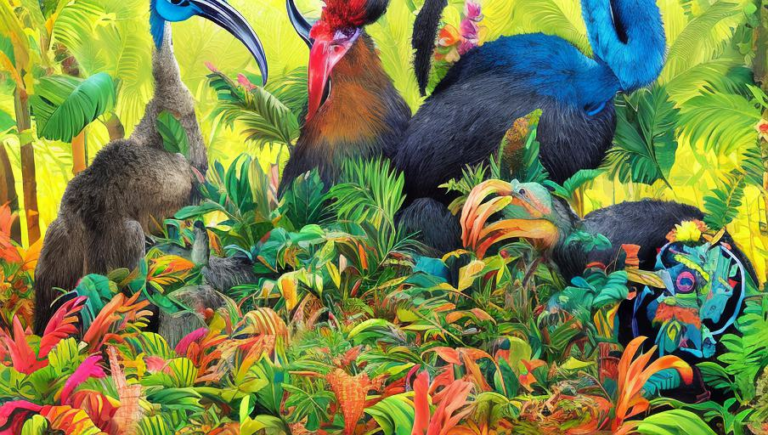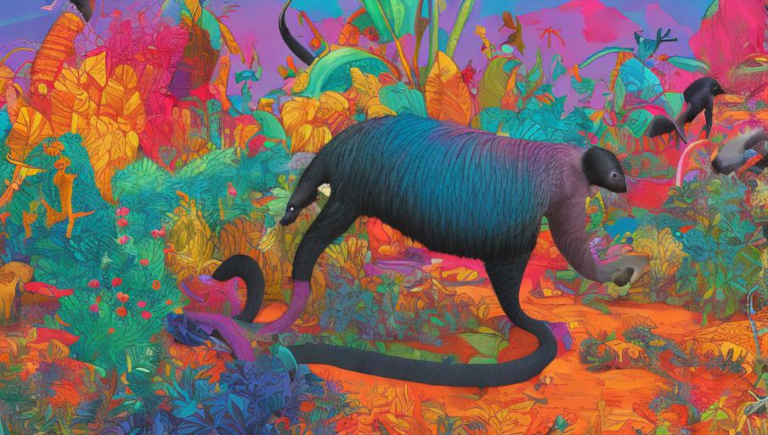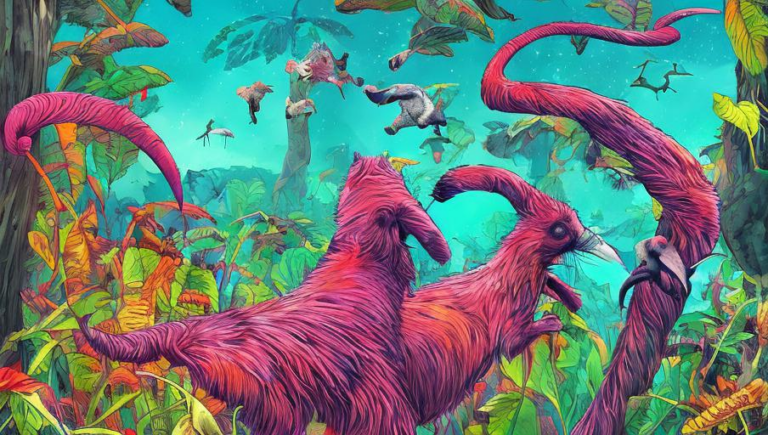Uncovering the Global Impact of Aardvarks
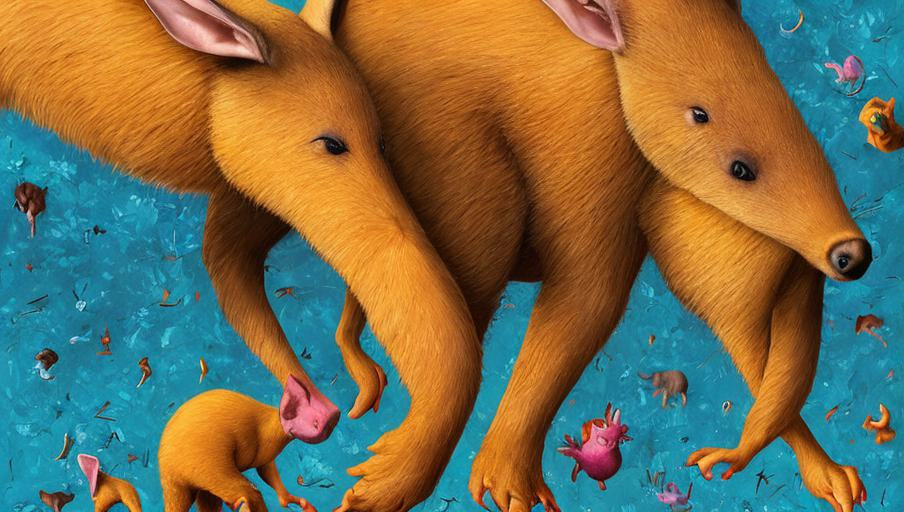
The Fascinating World of Aardvarks
The aardvark is a fascinating creature that is found across much of Sub-Saharan Africa. It is a solitary, nocturnal animal that spends its days digging burrows and its nights foraging for food. Aardvarks have a unique diet consisting of ants and termites, which they capture with their long, sticky tongues. They have a wide range of predators due to their small size, and have adapted by being able to close their ears and noses when threatened. They are also able to detect vibrations in the ground and can detect the presence of predators before they are seen.
Threats to Aardvarks
Unfortunately, the aardvark is threatened by human activities. As the human population continues to grow, the aardvark’s natural habitats are being taken away. This includes their burrows, which are often destroyed in order to build roads and buildings. In addition, the aardvark’s food source is being threatened by the increasing use of pesticides and herbicides by farmers, which can kill the ants and termites that aardvarks rely on for sustenance.
The Global Impact of Aardvarks
The loss of aardvarks can have a serious global impact. Aardvarks are an important part of the ecosystem, and their impact is far-reaching. Aardvarks are essential to the maintenance of healthy soils, as their burrowing helps to aerate the soil and increase its fertility. In addition, they are important predators of ants and termites, which can cause significant damage to crops if left unchecked. Aardvarks also provide food for a variety of other animals, such as vultures, jackals, and hyenas.
Conservation Efforts for Aardvarks
Fortunately, there are a variety of organizations dedicated to conserving aardvarks and their habitats. These organizations work to protect aardvarks from hunting and habitat destruction, as well as to educate people about the importance of conservation. They also work to create protected areas for aardvarks and to promote sustainable land use practices in areas where aardvarks live.
Conclusion
Aardvarks are an important part of the ecosystem and their loss could have serious global impacts. Fortunately, there are dedicated organizations that are working to conserve aardvarks and their habitats. It is essential that we support these organizations and their efforts to ensure that aardvarks continue to be a part of the world’s biodiversity.
